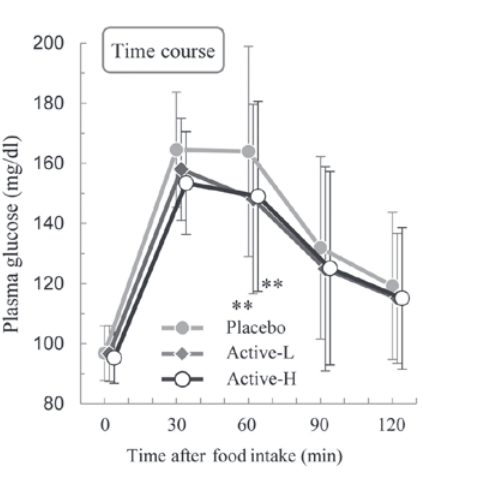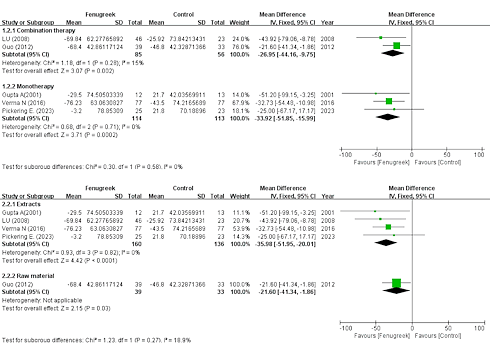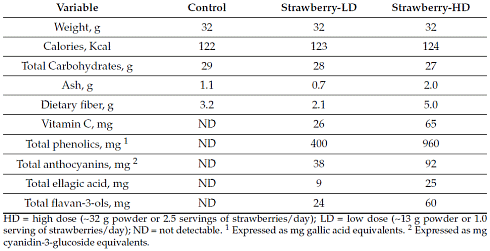|
Kale, a natural anti-diabetic
After a meal with kale, the body absorbs glucose from a meal less quickly. This may mean that fresh kale or kale extracts have an anti-diabetic effect. That is the conclusion of a small trial that appeared in Biomedical Reports in 2016.

Study
Japanese researchers gave 42 healthy Japanese adults a carbohydrate-rich meal on different occasions.
On one occasion the test subjects received a placebo with their meal, on another occasion 7 grams of a functional food containing an extract from kale and on another occasion 14 grams of the same functional food.
The research was paid for by the Japanese Q'sai. Q'sai produces functional foods based on powders with kale extracts.
For 2 hours after the meal, the researchers monitored the concentrations of glucose and insulin in the blood of the test subjects.
Results
Both the low- and high-dose functional food reduced the concentration of glucose in the blood of the test subjects. The high-dose product only performed marginally better than the low-dose product.
The products had virtually no effect on insulin levels.


Based on information on Q'sai's website, the low-dose product contains the equivalent of an ounce of fresh kale. You apparently need that amount of kale to reduce the rise in glucose levels after a carbohydrate-rich meal.
Mechanism
The researchers imitated the human digestive process in their laboratory. This allowed them to find out that both freeze-dried kale in powder form and the fibers in kale made the digested food more viscous. This means that food moves more slowly through the digestive organs and therefore releases its glucose into the body less quickly.

Source:
Biomed Rep. 2016 Nov;5(5):553-8.
More:
More broccoli, less cancer 29.06.2024
Cabbage vegetables protect your liver 02.09.2023
Brassica vegetables make bones stronger 06.02.2023
Cabbage vegetables boost your vascular health 16.04.2020
Archives:
Insulin & Glucose Metabolism
Brassica Vegetables
|







